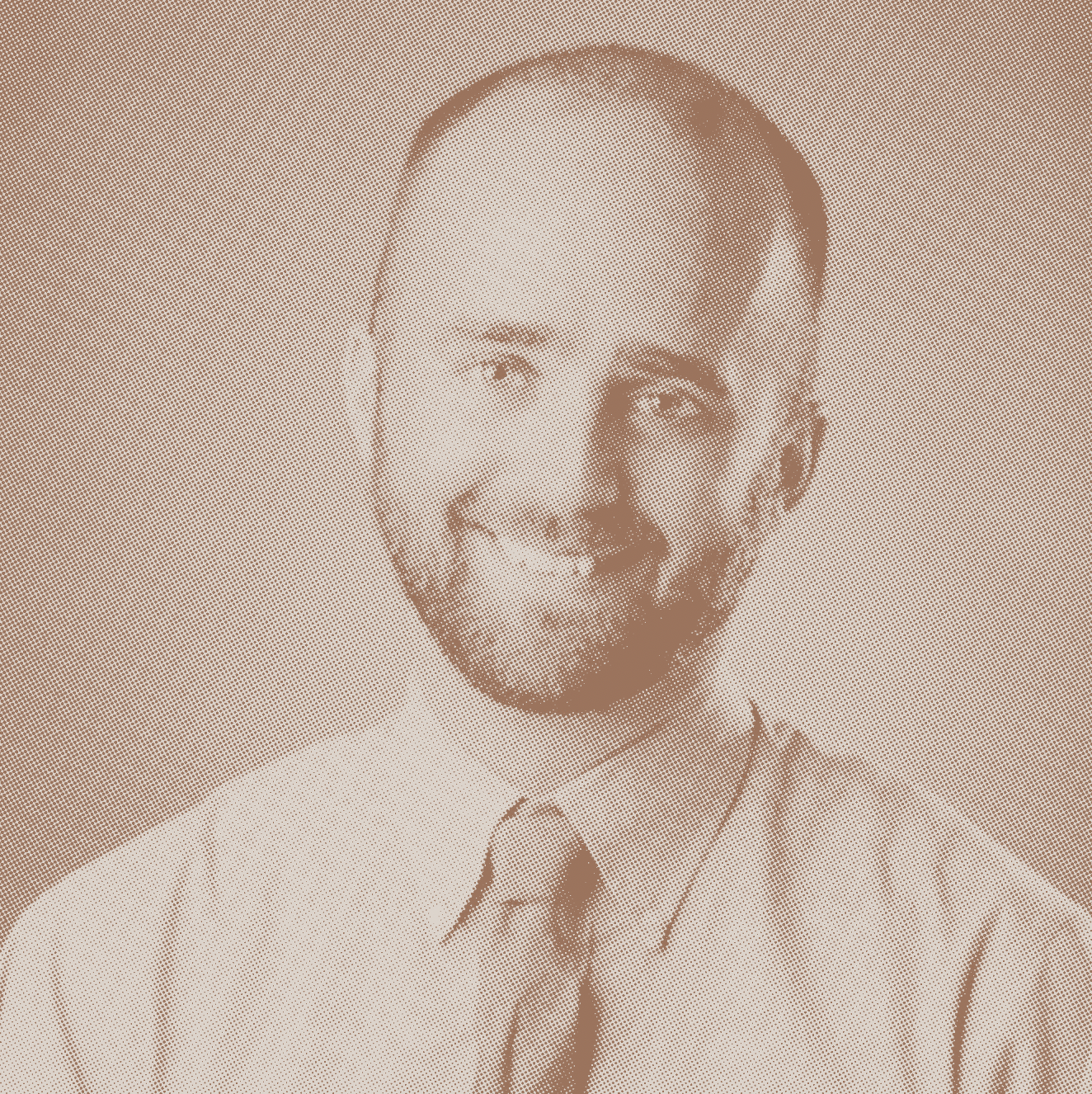Keep, Drop Modify: Opioids, Care, and Addiction
While the eyes, hearts, and resources of the world turned to the COVID-19 pandemic over the last year, pre-existing crises did not end. Opioid overdose deaths accelerated. What has been learned about opioid care, addiction and our capacity for addressing concurrent crises? What must be kept, dropped, or modified in our systems of care as we carry forward?
Monday,
June 14
![]()
Dahianna Lopez, PhD, MSN, MPH
Assistant Professor, University of Rhode Island College of Nursing
Dahianna is a tenure-track assistant professor at the University of Rhode Island College of Nursing (URI CON). Her research focuses on enhancing data collection systems for bicycle and pedestrian crashes and injuries, as well as examining the predictors of opioid-impaired driving. She has devoted her career to reducing bicycle and pedestrian injuries, as well as opioid overdoses. She has worked on these issues in Los Angeles, San Francisco, Boston, and Providence, alongside law enforcement, emergency medical services, mayoral offices, and health departments. Dahianna has a doctorate in health policy from Harvard University and master's degrees in nursing and public health from the University of California, Los Angeles, and a bachelor's degree in psychology from the University of California, Berkeley.
![]()
Opioids: Changing How We Change
Gordon Casey
Founder, Brave Cooperative
(Vancouver, BC, and Columbus, OH)
Gordon leads the Brave Cooperative in its work to end overdose death through technological tools that connect people who use drugs alone with a community that can send help if it's needed. Their mobile app, smart buttons and washroom sensors have helped with 93 overdose reversals to date. Gordon was a lawyer and entrepreneur before moving to Vancouver and collaborating with people who use drugs to find ways in which technology might serve them.
Tuesday, June 15
![]()
Matthew Murphy, MD, MPH
Assistant Professor of Medicine, Warren Alpert School of Medicine; Assistant Professor of Behavioral and Social Sciences, Brown University School of Public Health
Dr. Murphy is the Medical Director of Open Door Health, Rhode Island’s first dedicated comprehensive primary care clinic serving the health needs of the state’s LGBTQ population. He is also a staff physician at the Rhode Island Department of Corrections where he helps to oversee pre-exposure prophylaxis for HIV implementation, gender affirming care and Hepatitis C treatment among individuals experiencing incarceration. He has a dual faculty appointment in medicine and public health at Brown University where he conducts research focusing on developing evidence-based interventions to address health inequities with a focus on vulnerable and marginalized populations.
![]()
Jon Soske
Jon Soske is a harm reductionist and a person in 12 step recovery from drug and alcohol addiction. He works as a peer recovery specialist at Rhode Island Communities for Addiction Recovery Efforts (RICARES) and is a researcher associated with the Lifespan Transitions Clinic and the COBRE for Opioids and Overdoses.
![]()
Elizabeth A. Samuels, MD, MPH, MHS
Assistant Professor of Emergency Medicine
Brown Emergency Medicine
Alpert Medical School of Brown University
Elizabeth A. Samuels, MD, MPH, MHS is an emergency medicine physician, health services trained researcher, Assistant Professor of Emergency Medicine at the Alpert Medical School of Brown University, and consulting Assistant Medical Director for the Overdose Prevention Program at the Rhode Island Department of Health. She completed her emergency medicine training at the Brown Emergency Medicine Residency Program, a health service research and health policy fellowship at the Yale National Clinician Scholars Program, and is board certified in Emergency Medicine and Addiction Medicine. Her work focuses on the treatment of substance use disorders and how the emergency department can be leveraged to improve population health and address health inequities.

![]()




